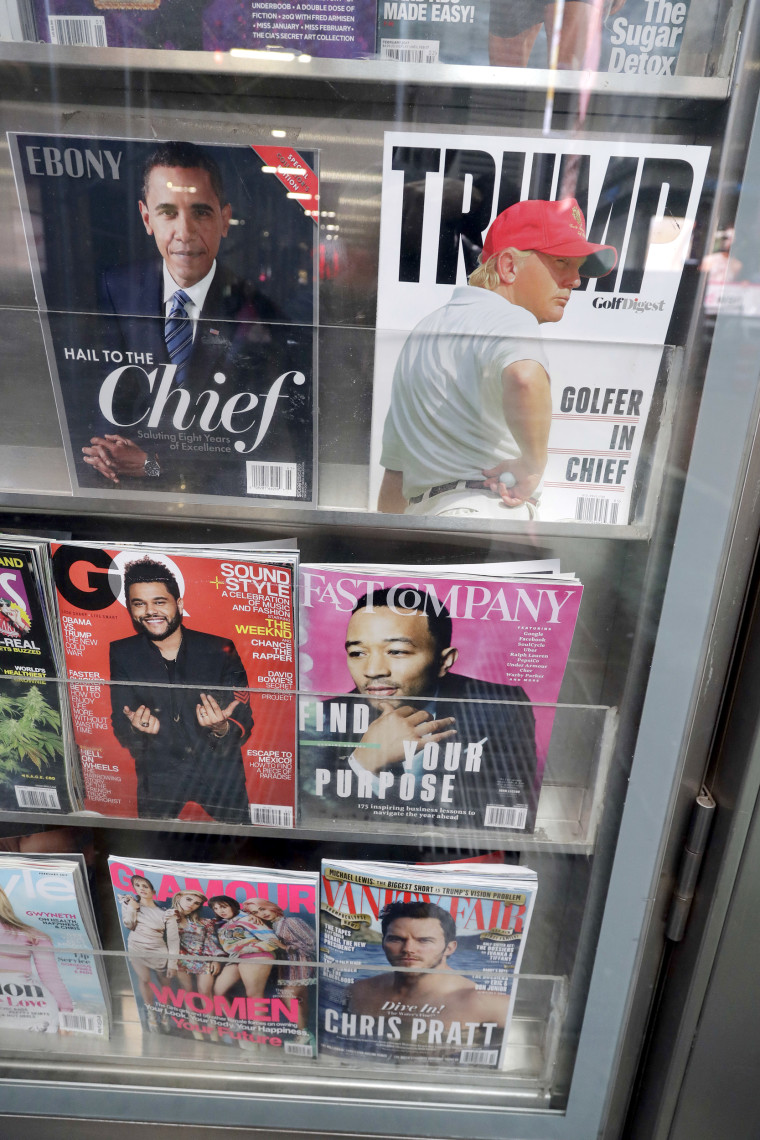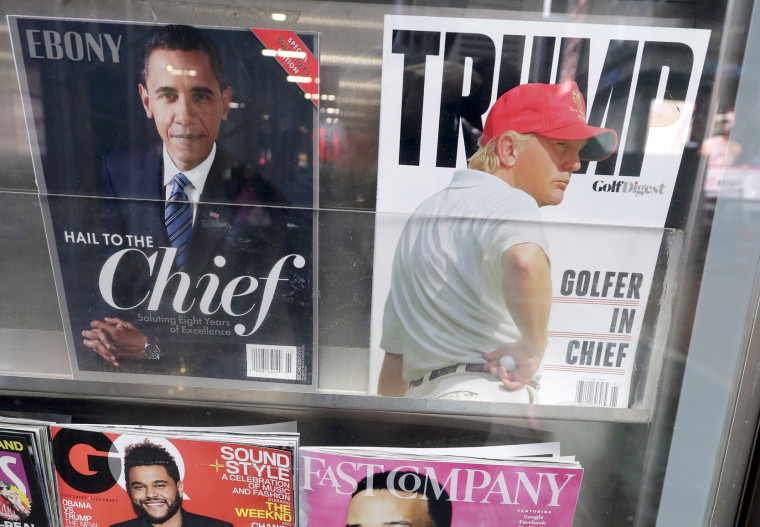When Black journalists are being exploited, that cripples the community in an industry that already needs us now more than ever.
It’s always been my pastime to pick up copies of my favorite magazines at supermarkets during the last week of the month.
True fans know that the last week of a current month is the new roll-out of the following month’s issue. And every June, I look forward to grabbing Ebony’s annual “Black Music Issue” where they do impressive feature stories on musicians that don’t often get the kind of intimate up-close coverage their peers receive in predominately white publications.
This year’s edition had the incredible Grammy-winning Chance The Rapper noticeably gracing its cover hatless and full of dapper charm. If this was last year, I would have bought five copies on sight -- but now I refuse to buy a single one.
The Black journalist who wrote that story, Adrienne Samuels Gibbs, says she has yet to be compensated for that piece—and says that she still hasn’t been paid for several others she wrote for Ebony.
For the past month, Gibbs, and several Black photographers, editors, staffers, and freelancers have taken their frustrations to social media with the hashtag #EbonyOwes to share their struggles with getting the publication to properly pay them for their labor.
In an industry that lacks diversity in its newsrooms, being a Black journalist telling our stories means preserving our legacy in the written form.
Some have claimed they’ve gotten the runaround repeatedly, with others saying they’re owed thousands of dollars in back pay. In a statement provided to NBC News for this piece, EBONY Media says they’re “fully committed to paying its writers and freelancers in their entirety and should have this issue resolved within the next 30 days.”
Although I’ve never written for Ebony—I know all too well how publications often take advantage of the labor of Black journalists. I, too, have been exploited as a professional Black freelance writer in the jumpstart of my career and sadly know why it continues to persist.
When I first graduated from college, I knew that journalism was the career choice for me. Too often, I found it alarming that our community, culture, and heritage was being communicated by others who couldn’t relate to our sensitivities or understand our deepest expressions.

Related: Editorial: Black Ownership Matters. Find an Unmet Need and Fill It
In an industry that lacks diversity in its newsrooms, being a Black journalist telling our stories means preserving our legacy in the written form. I value my role in this profession because it allows me to live the dreams of my enslaved ancestors who were prohibited from reading and writing: producing mass information that once was impossible to do as a Black man never escapes my consciousness when I sit down at my keyboard.
However, the desirability of telling my community’s stories in a business that hardly hires us comes at a cost.
Black journalists often are put in positions where they have to take what they can get, or they don’t get anything at all. We are often encouraged to write for free and persuaded that this would give us “exposure” and “open new doors.” But exposure doesn’t pay the bills and our unpaid hard work doesn’t just give publications “exposure”—but content and online traffic that fuels their ad revenue streams.
In other words, our work makes them money that they seem to not pay us with.
So for those few publications that do pay us, it’s often a tricky slope on the terms of proper compensation and the timeliness of it. I remember dealing with publications forgetting to send me the right forms to fill out, W-9s, and changing the amounts I was owed just to delay the process of payment.
It feels hypocritical of me as a journalist to purchase another issue of Ebony knowing that my colleagues have yet to be paid for their hard work...
Now at age 25, I can say that I’ve finally been able to negotiate fair compensation and agreements on the publishing of my work. But that took a few years of being played by publications, joining journalist associations, and building a social media following that allowed me to get to this point.
But my fellow Black journalists shouldn’t have to overcome such obstacles in order to make a decent living and produce work that informs the public. What is happening at Ebony right now is beyond utter embarrassment, but a damn shame.
In a time where Black journalists are needed more than ever, news outlets that position themselves as appealing to our community should respect our reporters, photographers, and editors.
Until that happens, it feels hypocritical of me as a journalist to purchase another issue of Ebony knowing that my colleagues have yet to be paid for their hard work—and the rest of the community needs to back them. When our favorite Black entertainers and athletes claim they are being taken advantage of by industry vultures—we stand by their side. Right now, Black journalists who often report such stories are now in similar uncertainties.
We as a community owe it to our most prized champions of free speech to continue to defend it for us, fully compensated.
Editors note: Adrienne Samuels Gibbs is an NBCBLK contributing writer and editor.
Originally from Chicago, Illinois, Ernest Owens is an award-winning multimedia journalist and editor for Philadelphia Magazine's G Philly. The National Association of Black Journalists will be awarding Owens their 2017 Emerging Journalist of the Year award. Chat with him on Twitter @MrErnestOwens.
